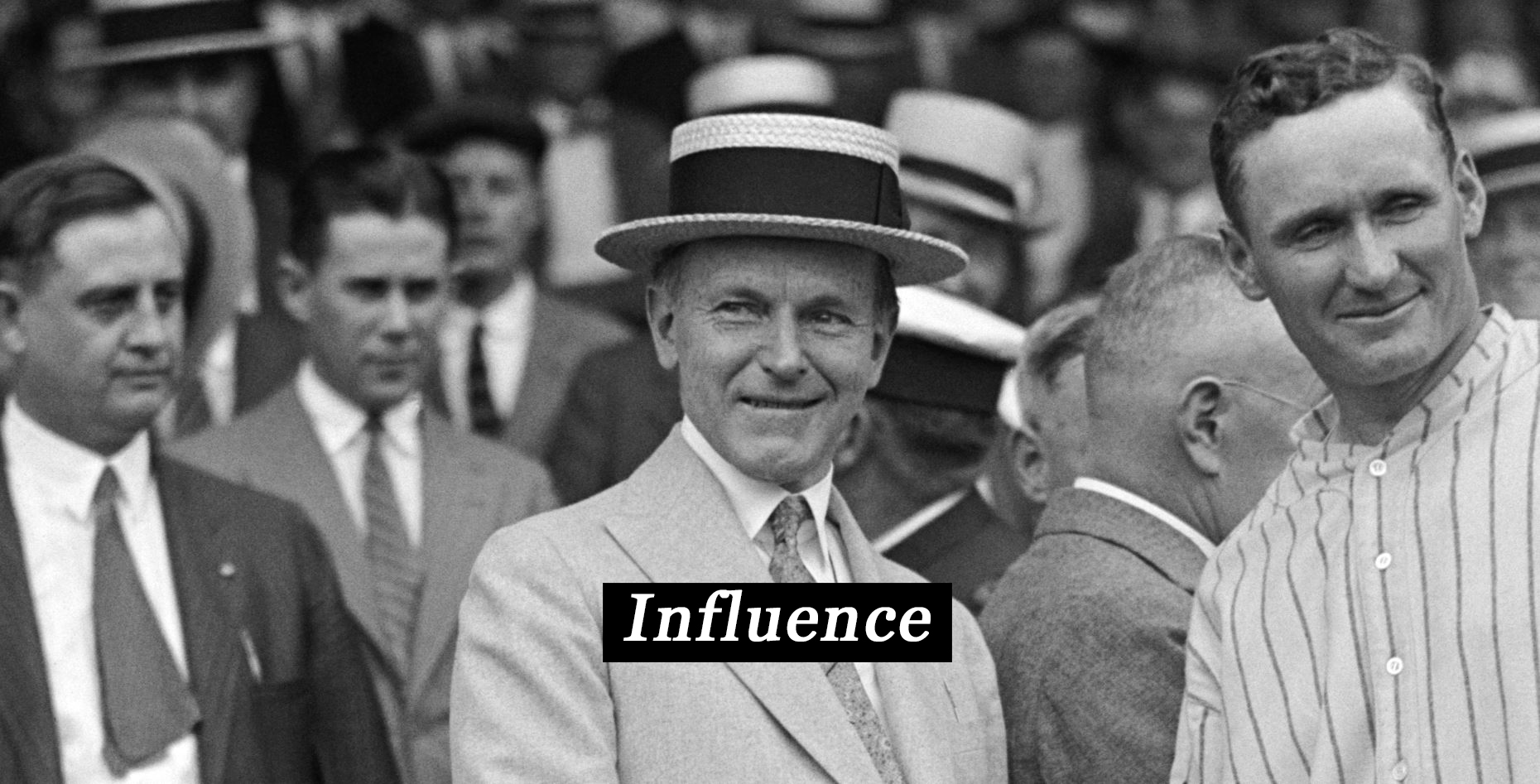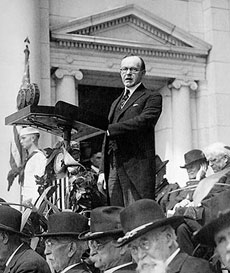Short Term Impacts
As highlighted on previous pages, the short term impacts of Coolidge utilizing the Radio to communicate led to the success of his presidential campaign, and brought voters closer to him. The radio enabled Coolidge to speak directly to the American people, bypassing Congress and the newspapers, and he made the most it. The New Republic had observed that, “Thousands of people are going to vote for or against Mr. Coolidge on account of his voice...While Mr. [Warren] Harding was known to most of us as a photograph, already to many, even to those who have never heard him, Mr. Coolidge is distinctly known as a voice, a nasal New England voice.” Coolidge utilized the radio, but he also believed that radio could be misused. He said that “no malice of slander” be broadcast, and that parents must “double-guard the radio,” because though parents could “exclude corrupting literature from the home, radio reaches directly to our children.”

